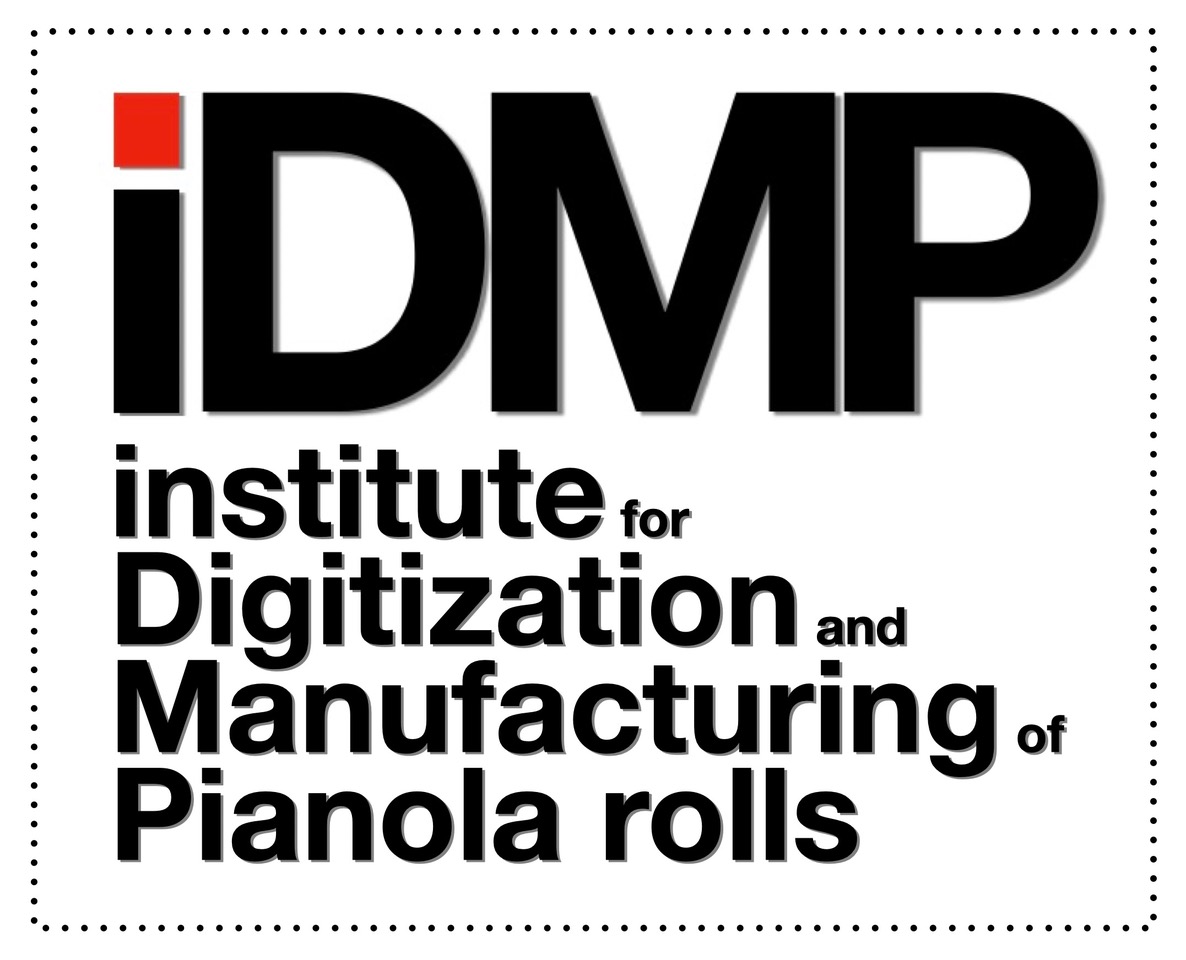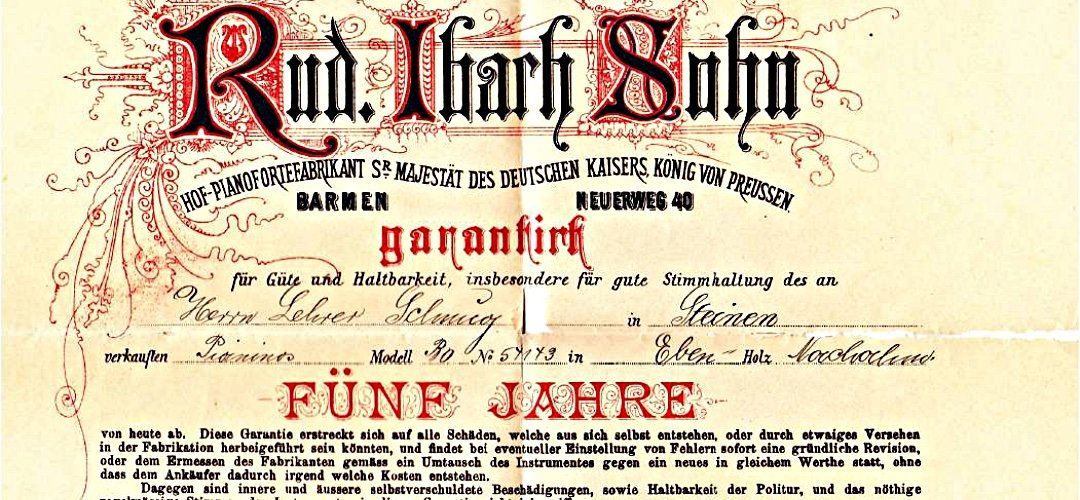First of all - the following statements do not replace legal advice and do not claim to be correct. In specific cases, please contact the respective manufacturer/dealer or a legal adviser of your choice. The following statements are only intended to sensitise you to the relevance of this topic in connection with pianos.
For our interested parties and customers, the terms and conditions applicable to us can be found in our general terms and conditions and offer / order documents.
For pianos, the installation and climatic conditions are particularly relevant - for self-playing instruments, the connection, utilisation or operating conditions for value retention, function and safety (e.g. electrical system) are also relevant.
As value retention is such an important issue for pianos in general - and especially for older, valuable and sometimes unique instruments - you should obtain detailed information and comply with the relevant conditions.
Check conditions before buying
Whether you buy a new or used piano, the guarantee or warranty conditions of the respective provider or the conditions stipulated in the respective contract always apply. You should find out about these before making a purchase or order decision and, if necessary, obtain legally binding information.
Privat versus dealer
Guarantee, warranty or return rights are generally excluded for private purchases. Dealers and tradesmen are subject to legal framework conditions, the implementation of which can be mapped in possible individual conditions and can also vary. In turn, different conditions apply to the purchase of goods or the provision of renovation or other services.
When purchasing new goods, you can find out in advance about the guarantee or warranty conditions on the websites of the respective manufacturers and dealers. There are some aspects that are similar in almost all documents. For the provision of any guarantee or warranty services, the customer is usually obliged to provide proof, i.e. not only must the current case be reported, stating the relevant contract information, but also, if requested by the provider, proof that the conditions were met and how the current possible damage occurred.
Air humidity
Proper use and installation is always assumed. Particularly critical: the room climate. The air humidity at a room temperature of 20° must generally remain constant in the range of 45-65% (different specifications from supplier to supplier). For the predominantly used and therefore older instruments, the range of 50-65% applies. If the humidity is below this range, the instrument will no longer function as precisely. If the humidity is below 45%, the instrument will suffer damage (cracking, glue peeling, tuning problems, etc.). If the humidity is above approx. 65%, the materials swell.
Differences in climate
Manufacturers who deliver worldwide generally use materials that are particularly suitable for the local climate - and this under special climatic conditions in the manufacturing plant. Examples of such regional differences: humid climate in Asia, dry climate in North America and changing climate in Europe. In Germany, the main challenge is that we have significant seasonal differences and a rather solid building structure.
Constant monitoring and control
This means that we a. need continuous monitoring of the indoor climate and b. need to ensure a different indoor climate throughout the seasons, d.h. ggf. befeuchten im Winter and drying in summer. In any case, the use of air conditioning systems, ventilation systems, patio and winter garden doors etc. must be checked and adapted, as depending on lifestyle habits, one or other installation location may not be suitable for the valuable piano.
Documentation
It is therefore not only important to comply with the conditions, but also to document them. As a rule, we supply a professional testo 174H measuring instrument with every instrument sold, which continuously records the data with high measuring accuracy. Additional substance damage due to humidity cannot normally occur if the prescribed room climate is maintained. However, it is important to note that the installation location may not allow these conditions to be maintained - e.g. in a conservatory, in an attic, with underfloor heating, in front of a frequently opened patio or exterior door or a door to a conservatory, in direct sunlight, near a fireplace or stove, on an excessively damp exterior wall, etc.. Humidifiers or similar measures do not usually help to achieve a constant climate. A change of habit (keeping doors closed) or simply changing the installation location must also be considered.
If the requirements for the necessary constant climate are a. not met and b. not documented as constant, you not only jeopardise the instrument - you also lose the right to a possible warranty. The same applies to any changes you or others make to the instrument. If you or others have tampered with the instrument, any warranty claim will generally be invalidated. Here too, it is therefore important to carefully discuss the procedure with the supplier in advance.
Appraisers and experts
A word about surveyors. If you, as the owner of an instrument, need an independent expert opinion to assess the instrument or a specific issue, find out from the court or the chambers of crafts which expert is authorised by the court and is well respected in professional circles. The valuer should be an expert in the particular type of instrument - for example, old instruments or self-playing instruments.
Insurances
Supplementary insurance can be taken out with most insurance providers to cover risks or gaps in cover. In the case of unique instruments, however, financial compensation may not be a perfect solution, as it is generally not possible to purchase a new unique instrument. It is up to you to decide whether the risk/rate ratio makes sense for you.
With regard to our offer, please do not hesitate to contact us using the contact details provided if you require further information. For legal information and legal advice, please contact a lawyer.


